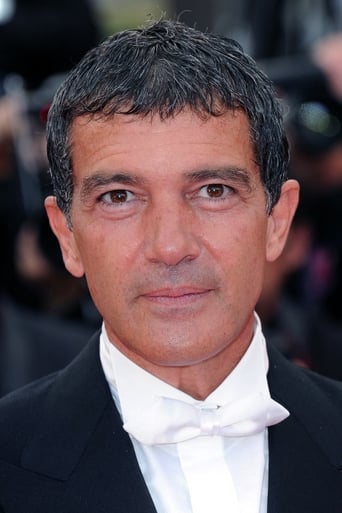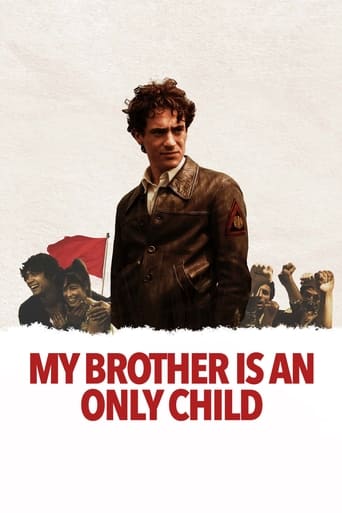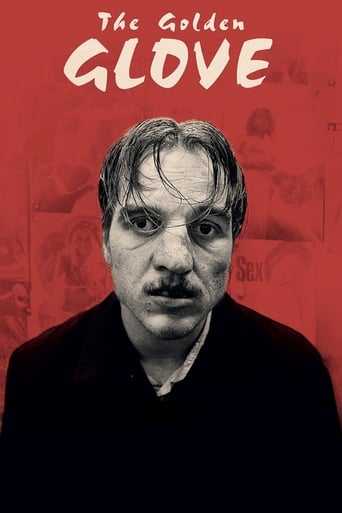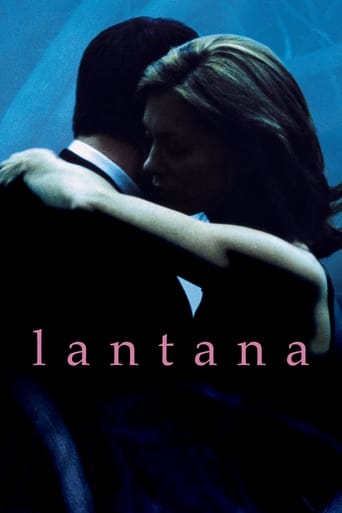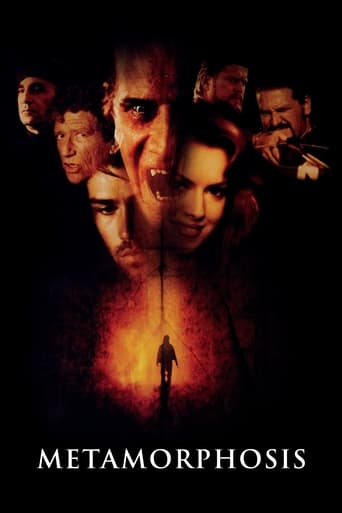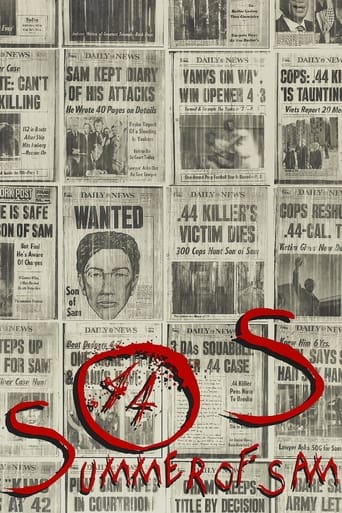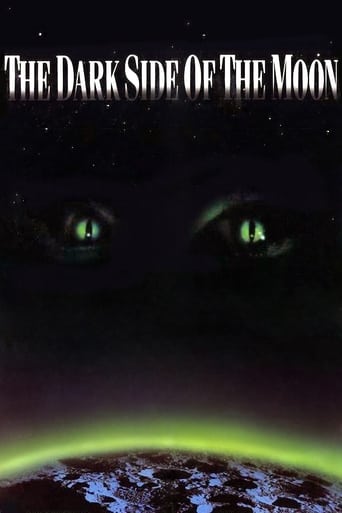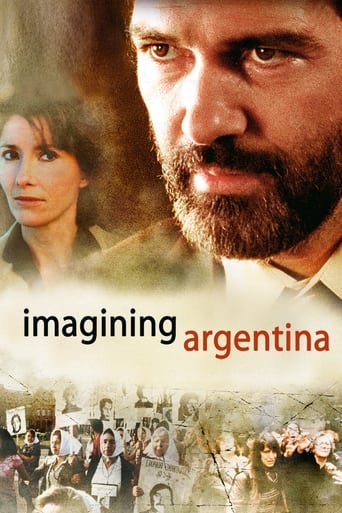
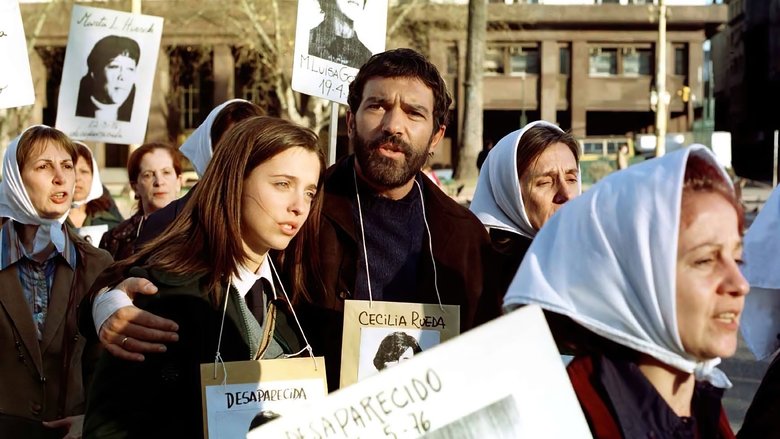
Imagining Argentina (2003)
Set during the unsettling disappearances in Buenos Aires during the dictatorship of the 1970s, the film involves theater director Carlos Rueda and his wife Cecilia. Shortly after Cecilia writes an editorial commentary questioning the mysterious abductions, she is herself abducted and taken into police custody.
Watch Trailer
Cast


Similar titles
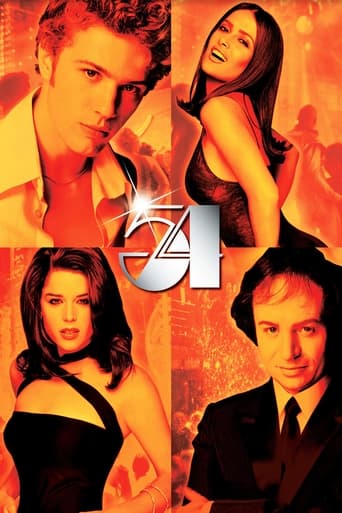
Reviews
Imagining Argentina (2003)The story, and the facts behind the story, of innocent people being kidnapped, tortured, and killed in Argentina is so disturbing and emotionally draining it's hard to see this movie objectively. I wish it was a better movie, both in its construction (the filming and editing) and in the storytelling decisions (too much emphasis on empty searching, and too much torture, even after we get the point).Cruelty needs no sympathy, and this movie gives it none. But it gives it attention, offering only a solution in perseverance and romantic love. There are lots of evocative scenes of dancing and music, of wide open countryside, and of warmly lit interiors. It paints a picture of a beautiful country with a beautiful culture, just to show how a small tilt in a great place can turn to horrors.The final statistics of all the people "disappeared" under the Argentine dictatorship is an indictment of cruel dictators. The movie serves to remind us, and to paint the horrors, and it goes half way. I wish it had been a poetic, or raw, or inventive success as well.
Imagining Argentina is one of those odd little features that you acknowledge is trying to do the right thing in wanting to explore the historical content it's taking and get across that sense of fear and desperation linked to its harrowing subject matter of oppression and living under a ruling state, but just generally leaves a lot to be desired. It's as if the piece exists to detail and document a happening in a place at a time but, similarly to something like 2007's Goodbye Bafana, feels as if it's the sort of thing a GCSE history teacher might put on in front of the class when the time arises on the syllabus to cover 1970s-80s Argentinian oppression. Imagining Argentina is a strange effort, the head in one place; the heart in another. Adapted from a 1987 Lawrence Thornton novel, it wants to bring to attention what happened in Argentina from 1976 to '83 between the people and The State and how the strict, authoritarian regime in place ruled with fists of iron. The trouble is, 'The Mask of Zorro played for grimaces' is the last thing we needed and the last thing the sort of talent on display needed to be roped into doing. With better direction, a more even tone and the Spanish language omnipresent; Imagining Argentina may have been a more interesting effort. As it is, it's a mildly diverting piece and achieves very basically what it sets out to do: get us to go away at the end with a forlorn expression and to feel slightly down about ourselves.Items that gripe and frustrate arrive all too often; the fact the entire film is in English rather than in Spanish being one, an odd occurrence which has been followed through with so as to garner the widest possible audience for a subject the producers clearly think many need to be aware of, especially those whom do not have the patience for subtitles. To make the subject matter more accessible, stars such as Emma Thompson and Antonio Banderas have been cast with Banderas doing his best, but with respect: failing, in the role of the rugged; bearded; dishevelled; grizzled victim of state nastiness complete with mournful eyes and low, gruff voice. And thirdly, the film annoyingly breaks off on a number of occurrences for tidbits which shift our attention away from what's really happening within the universe of the film and onto the wider spectrum of the historical event being explored. When Thompson's character sits in jail and states something like "all this should be remembered", it's not the character in that present situation speaking – it's the screenwriter and production crew talking of the greater extent of the overall event.The film begins with stock footage of police battery and oppression mixed in with protesting people as Banderas' character Carlos Rueda informs us of the 'need to confront the past'. Thompson plays his wife Cecilia, a writer whom is taken by the police and suffers in prison to the brutality of the guards, later with daughter Teresa; this after some problems the state had with a recent article she wrote. Thompson's character's marriage to Banderas' character is systematic of the co-British/Spanish partnership the film has with its origins, two of the best of either nations' acting talent coming together just as two respective film industries are to produce. The people are powerless and the police seemingly come at will to take individuals away, but the film gives its protagonistic group an odd quirk of an advantage in Carlos: someone with strange telepathic abilities to 'see' where he is not and consequently what it is that's happening many miles away. Like his role with the people in their ongoing fight for justice with their protests and placards, Carlos is an-oft distanced contributor at a local performance theatre when it is revealed he plays acoustic guitar to various plays, thus contributing to an overall cause or incident of spectacle but keeping his known presence to a minimum. The fact that Carlos is still essentially working for a theatre group, of whom produce specific texts, acts nicely as a slow burning item when we remember wife Cecilia was taken on a count of desired state censorship for an item or text she produced. The burning question is, as to when the state will or might come for Carlos given his link to the publication of texts.After the early exchanges of how Carlos and Cecilia fell in love, emphasis shifts into a wider context of struggle; an entire nation's representative burden placed onto the shoulders of one man in Carlos. His nightmares; his fears and his difficulties to function, at one point ending up at a bird sanctuary with two immigrant Holocaust survivors and sharing a quiet moment of solace in a place you feel The State wouldn't go anywhere near out of lack of necessity. They both share a space; both victims of a greater extent of power and control issued by a ruling force, although there will be those who find issue with this attempted link in that Carlos is only a victim through his wife and daughter's taking, therefore is not a first hand sufferer. The film is not some gripping yarn about someone trying to make sense of the political situation as well as find one's wife, but is a more sombre piece encompassing Buñuel-inspired breakaway moments and a light hearted tone crammed in amongst a flurry of grimy, tough content linked to all sorts of sordid acts playing out in the prison that houses Cecilia and Teresa. Why The State never actually go out there and apprehend Carlos, despite knowing of his abilities and his location, I'll never know and why the makers of this went down the easy, accessible and wavy route they did with this subject matter is an additional puzzler, one that only they will really know the answer to.
History classes had taught me some of the darkest moments in modern history. And I always seemed to be gasping away when learning about it. Don't even get me started talking about it.We had been living in a civilised society and we should be thankful for it. History had shown us how sometimes life can be just...not really the way we want to live at times.The movie, which is based on Lawerence Thorton's work of the same name, tells about the military dictatorship that Argentina went through during 1976-1983 through the eyes of a theatre director husband Carlos (Antonio Banderas) and his journalist wife Cecilia (Emma Thompson).During those darkest moments, many were captured and Cecilia were among the targets as well where unfortunately, she was captured too. Given she is a journalist herself and she wanted to report about the suffering. At the same time, Carlos seemed to have this psychic power about knowing the future and where his wife might be. He knew he had to find her, no matter what happens.Even to the point that the theatre that he owned had to be closed down.The price of human suffering through military dictatorship is clear for all to see. You get people who are living in fear. And those who dare to defy the dictatorship.Maybe speaking from someone like me who was once a History student, I felt even more horrified and aghast when watching this movie. It's just, scary.
I won't take away from the movie, it was good and dramatic. But I was disappointed in the projection of reality of the subject. First, the reality of why people were disappeared was barely touched upon. They mentioned the word "subversives" but they failed to project exactly what that meant, at least in my opinion. The fact that even in Operation Condor, the U.S. was involved and Henry Kissinger gave his blessing with his own words pretty much telling the Videla's government, do what you must, we understand, but hey can't you keep it out of the news because the publicity is bad and we are trying to help fund you...that was missed. Also the fact that people were ASSUMED to be communist sympathizers, whether or not they were, was sort of swept under the carpet to focus on Antonio Banderas other skills. What I did like was the fact that they tied it to the Nazis and rightfully so. What I didn't like was the fact that at the end of the movie they failed to note how many American citizens have been "disappeared" or are doing time in our own concentration camp in Cuba.I also was disappointed they failed to mention the babies that were taken from their mothers (which was a huge focus of the Abuelitos de Plaza Mayo) and sold to the high ranking soldiers or even sold to other wealthy people in various countries outside of Argentina. They only touched on the Wednesday helicopter rides, where people were thrown out to die. These things bothered me about the movie, because I think a movie of such relevant subject matter should tell the real story. Especially when it involved the death of so many innocent people. And I do believe it's time to stop making these incidents look isolated to individual countries and show how the Imperialistic values of a group of socialist Nazis has spread this mentality throughout the world and that's why the same practices are done all over. There is so much they could have done with this movie that wasn't done. Was it good? Yes. But it could have been great.


